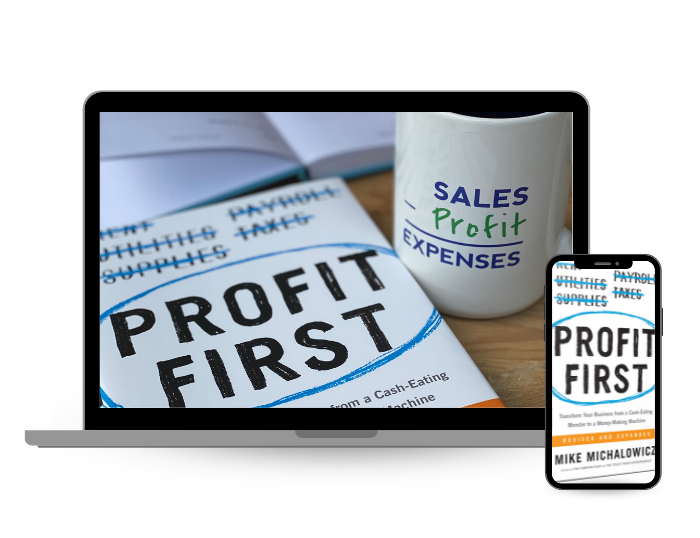Understanding Financial Team Roles
DO YOU KNOW WHO DOES WHAT? AND THEREFORE – WHO YOU NEED?
Making informed decisions about your financial affairs begins with understanding the roles of various financial professionals. Here’s a clear breakdown of Bookkeepers, Accountants, and CPAs, highlighting their expertise and their capacity to manage tax affairs.
Bookkeeper
- Role: Bookkeepers are the foundational pillars of daily financial transactions. They record every penny that comes in and goes out, providing a well-organized view of your financial activities.
- QBO Certified Bookkeepers: Expertise lies in the QuickBooks Online platform, streamlining digital record-keeping.
- Bookkeepers Versed in Accounting: They not only track finances but also understand the principles of accounting that guide their work.
- When to Hire: If your main requirement is to keep daily financial records in check and have structured reports on regular financial activities, bookkeepers are the right choice.
Accountant
- Role: Accountants offer a broad spectrum of financial services. While they can undertake bookkeeping duties, their true strength is analyzing financial trends, generating in-depth reports, and providing strategic financial advice. Their expansive training allows them to navigate both basic bookkeeping tasks and advanced financial considerations.
- When to Hire: If you need both meticulous record-keeping and in-depth financial analysis or strategy, accountants are your go-to. They serve as a bridge between daily transaction monitoring and intricate financial planning.
Certified Public Accountant (CPA)
- Role: CPAs represent the pinnacle of accounting expertise. They have passed rigorous examinations and maintain specific standards of excellence and ethics. Importantly, they are licensed to prepare and file tax returns and represent clients before the IRS in tax matters. Their comprehensive training makes them adept at understanding the complexities of tax codes and regulations.
- When to Hire: When you need someone to manage your tax returns, provide official financial audits, or handle advanced financial strategies, a CPA is indispensable. Their in-depth tax knowledge is particularly beneficial for individuals or businesses with complex financial landscapes.
To align with your needs:
- For tracking and organizing daily financial transactions: A Bookkeeper.
- For combining daily management with higher-level financial analysis: An Accountant.
- For tax return preparation, audits, and sophisticated financial strategies: A CPA.
It’s essential to recognize that while accountants offer vast financial knowledge, only CPAs are officially licensed to manage tax returns. By understanding these distinctions, you can choose the right professional to ensure both compliance and financial growth.











